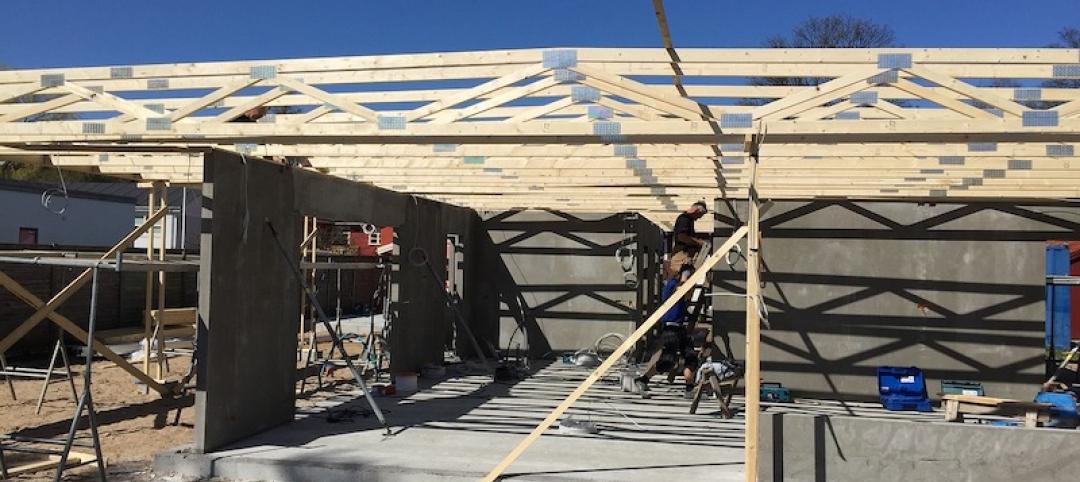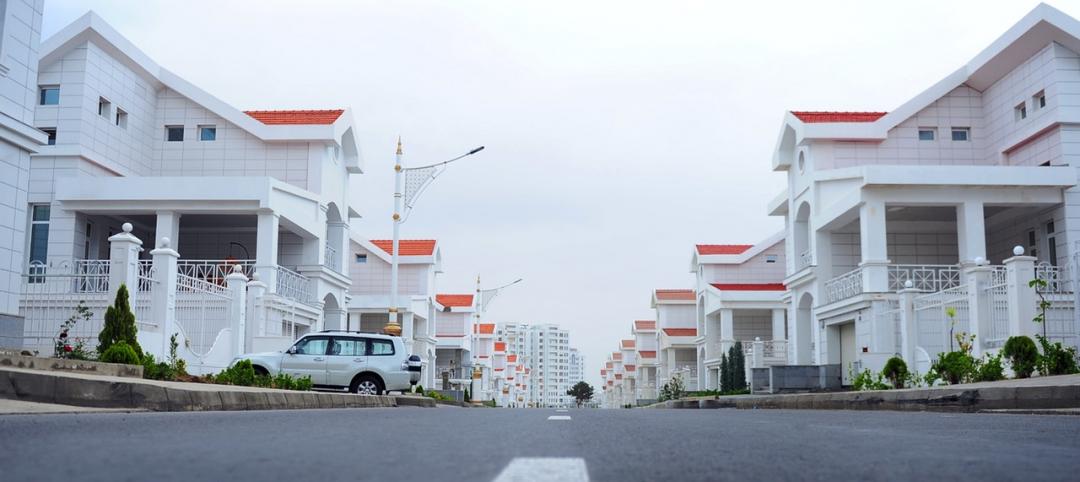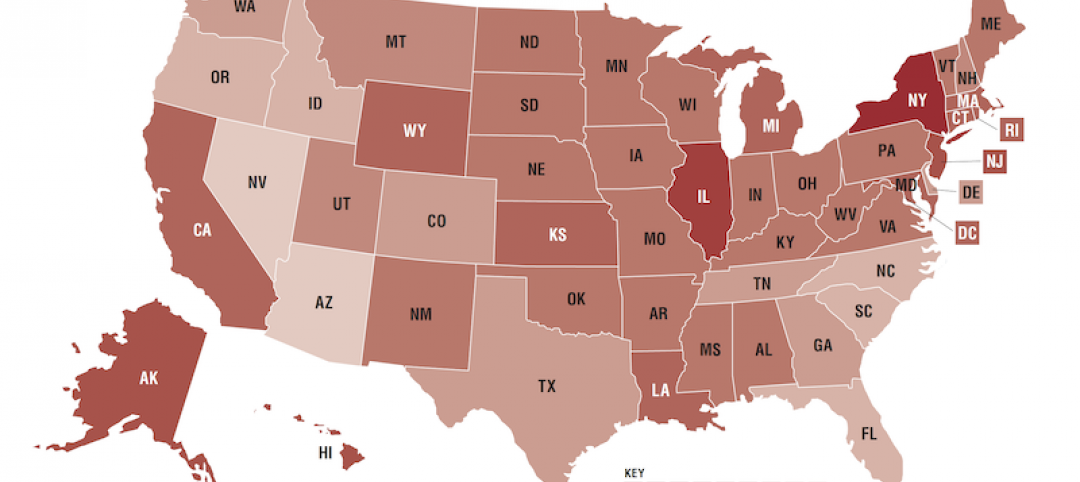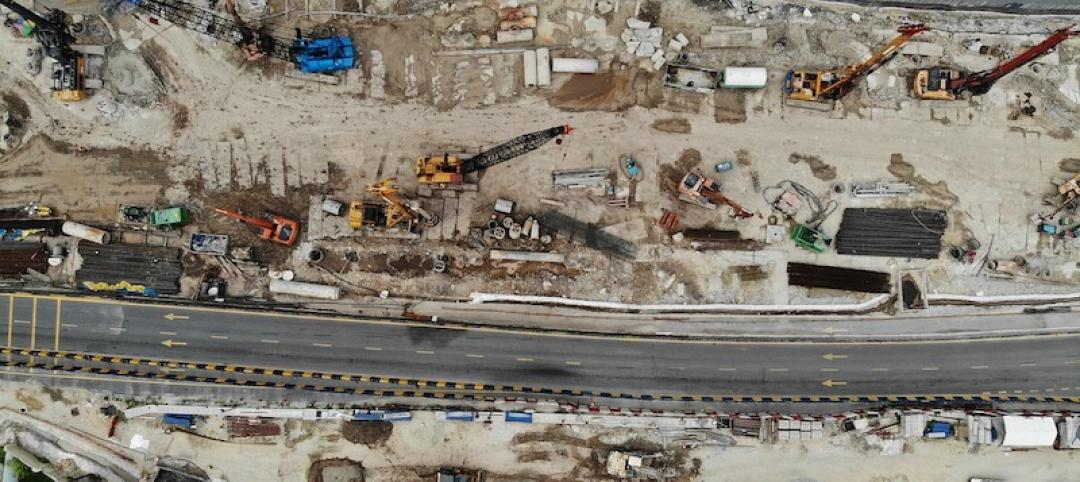As communities across the US initiate phased reopening plans, The American Institute of Architects (AIA) is releasing new resources today to support employers, public officials and design professionals with re-occupying buildings more safely.
“Communities need guidance for reopening buildings safely during the pandemic,” said 2020 AIA President Jane Frederick, FAIA. “This initiative used credible science and current infectious disease data to develop practical strategies that can help businesses reopen their doors more safely during this pandemic.”
AIA’s initiative included a team of architects, public health experts, engineers, and facility managers who developed strategies to reduce the risk of COVID-19 transmission in buildings, promote social distancing standards, and enhance wellbeing in communities transitioning to new lifestyle norms. A comprehensive report of the initiative is available on AIA’s website.
Initial outcomes from the team were used to develop new and enhanced tools that can assist employers, building owners, and design teams with best practices to protect the health, safety and welfare of the public while providing services.
- Tool #1 - Risk Management Plan for Buildings – Provides a comprehensive process for assessing hazards in buildings and reducing risk. This methodology not only can be applied during the pandemic but for all shocks and stresses to create more resilient buildings and businesses.
- Tool #2 - AIA Re-occupancy Assessment Tool (2.0) - Provides an enhanced framework of strategies for re-opening buildings, including restaurants, retailers, offices, senior living facilities, schools and housing.
- Tool #3 - COVID-19 ArchMap – Architects can now input design strategies that mitigate risk of COVID-19 for any building type to AIA’s map. The map is produced in partnership with the University of Kansas’ Institute of Health + Wellness Design and intended to facilitate design innovation.
Outcomes from the charettes are also being used to develop tailored strategies and considerations for offices, retailers, schools, and senior living facilities. Individualized reports will be released in phases, in the near future.
AIA’s team used a virtual charrette workshop-a method used to study specific issues in a limited time frame using an intense brainstorming session-to develop the strategies.
As part of the sessions, a group of public, environmental, and occupational health experts and physicians provided an independently developed, 90-minute briefing on SARS-CoV-2 infectious disease transmission, epidemiological models, and insights into the most current research of the virus as of early May.
A complete summary of the public health briefing is available online.
Visit AIA’s website for more COVID-19 resources for architects.
Related Stories
Market Data | Nov 14, 2019
Construction input prices unchanged in October
Nonresidential construction input prices fell 0.1% for the month and are down 2.0% compared to the same time last year.
Multifamily Housing | Nov 7, 2019
Multifamily construction market remains strong heading into 2020
Fewer than one in 10 AEC firms doing multifamily work reported a decrease in proposal activity in Q3 2019, according to a PSMJ report.
Market Data | Nov 5, 2019
Construction and real estate industry deals in September 2019 total $21.7bn globally
In terms of number of deals, the sector saw a drop of 4.4% over the last 12-month average.
Market Data | Nov 4, 2019
Nonresidential construction spending rebounds slightly in September
Private nonresidential spending fell 0.3% on a monthly basis and is down 5.7% compared to the same time last year.
Market Data | Nov 1, 2019
GDP growth expands despite reduction in nonresident investment
The annual rate for nonresidential fixed investment in structures declined 15.3% in the third quarter.
Market Data | Oct 24, 2019
Architecture Billings Index downturn moderates as challenging conditions continue
The Architecture Billings Index (ABI) score in September is 49.7.
Market Data | Oct 23, 2019
ABC’s Construction Backlog Indicator rebounds in August
The primary issue for most contractors is not a lack of demand, but an ongoing and worsening shortage of skilled workers available to meet contractual requirements.
Multifamily Housing | Oct 16, 2019
A new study wonders how many retiring adults will be able to afford housing
Harvard’s Joint Center for Housing Studies focuses on growing income disparities among people 50 or older.
Market Data | Oct 9, 2019
Two ULI reports foresee a solid real estate market through 2021
Market watchers, though, caution about a “surfeit” of investment creating a bubble.
Market Data | Oct 4, 2019
Global construction output growth will decline to 2.7% in 2019
It will be the slowest pace of growth in a decade, according to GlobalData.

















